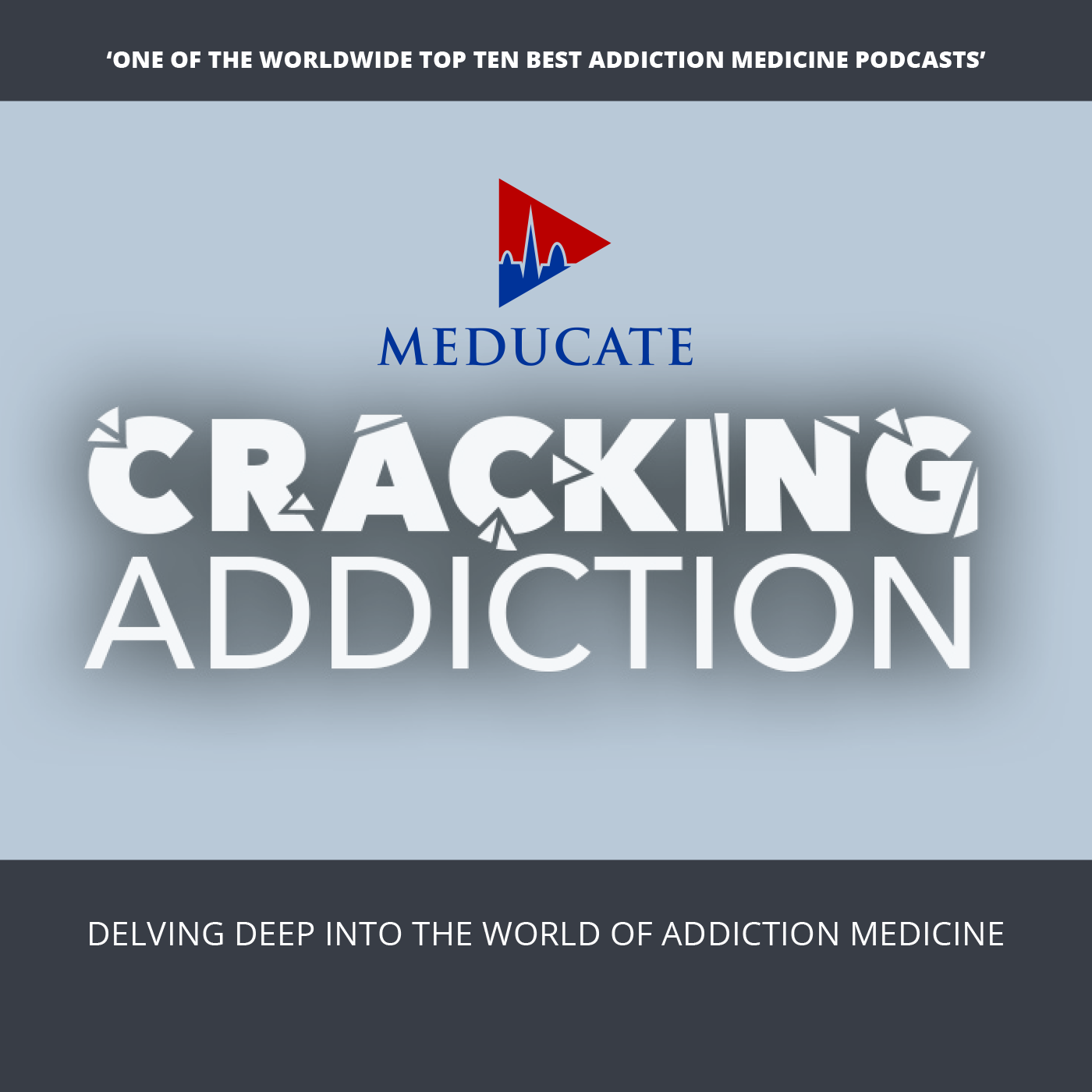Unveiling the Hidden Lethality Factors in family violence
In this thought-provoking episode of Cracking Addiction, Dr Ferghal Armstrong and Steve Herd delve into the grim reality of family violence, focusing on the evidence-based risk factors for lethality. With a serious tone, they shed light on the Common Risk Assessment Framework, which highlights factors that significantly contribute to the risk of lethality in domestic abuse cases. Drawing attention to the alarming statistics, the hosts reveal the distressing truth that more than one woman per week in Australia falls victim to fatal violence at the hands of a current or former partner. As the discussion unfolds, Ferghal and Steve underscore the importance of understanding high lethality factors in family violence, particularly the patterns of escalating violence. Steve Herd educates the audience about the chilling escalation of violence against women by partners, wherein physical abuse intensifies from a mere slap to a punch, and sometimes to a devastating push. Ferghal Armstrong emphasises the grave nature of strangulation as the most significant physical risk factor in these cases. Astonishingly, victims of family violence often fail to disclose incidents of strangulation, further complicating the identification and prevention of lethal outcomes. The hosts shine a light on the often-overlooked risk factor of choking, revealing how victims may not openly admit to experiencing strangulation. Dr Ferghal explains that strangulation poses a risk not only to lethality but also to significant morbidity. Shockingly, just 15 seconds of strangulation with a firm handshake grip strength is enough to cause urinary incontinence, while a mere 30 seconds can result in fecal incontinence. The episode explores the aftermath of family violence, emphasising that women who have experienced such abuse may downplay their ordeal but later recall waking up to find themselves wet or soiled. Furthermore, Ferghal Armstrong and Steve Herd shed light on the extensive damage strangulation can inflict, including harm to brain arteries, the thyroid gland, cartilage, and the voice box. This comprehensive discussion reveals the range of associated morbidities and illnesses, underscoring the urgent need to recognise and address strangulation as a high-risk factor that is often downplayed or misunderstood. As the episode concludes, Ferghal Armstrong and Steve Herd leave the audience with a heightened awareness of the hidden dangers within family violence, urging society to take a stand against this pervasive issue and prioritise the safety and well-being of those affected. Note: The content described in the episode summary is of a serious nature, focusing on the severity and impact of family violence. The tone of the description reflects this seriousness and aims to raise awareness about the subject matter.

